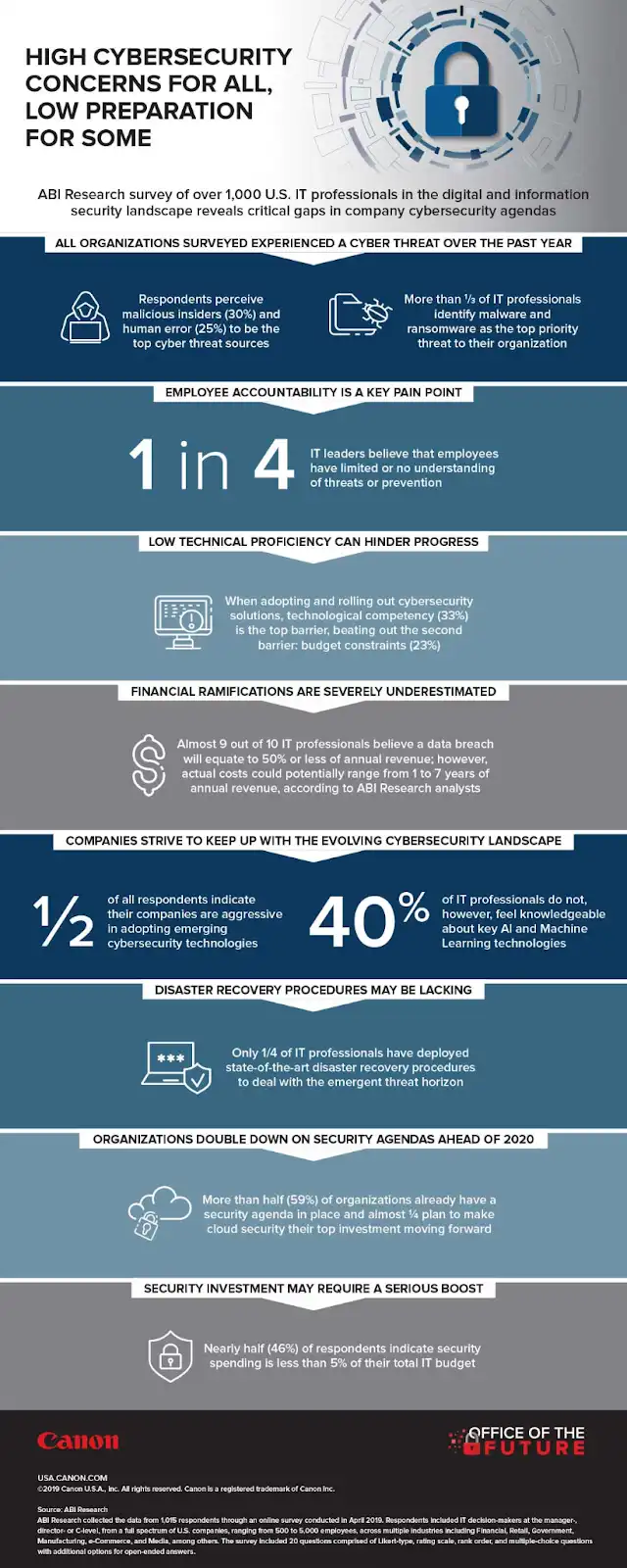Network security is an important aspect of the modern business world. Unfortunately, malicious actors regularly attempt to attack networks and steal data—making strong network security a must-have for any organization. To help you protect your company’s valuable information, let’s review five common types of network security.
Here’s a breakdown of the five most common types of network security, types of encryption in network security, and types of scanning in network security. Implementing these solutions can help you keep your data safe and secure.
Let’s take a closer look to learn more about each of these network security types and how they can help your business.

The number of global cyberattacks increased by 38% in 2022 over 2021.
As attackers get more creative and powerful in their attacks, the need for optimal network security is more apparent than ever.
Not only are cyber attacks negative to your business reputation, but recent studies have shown that the average cost of data breach for SMBs can range from $120,000 to $1.24 million.
In exploring some of the different types of network security used to avoid these costly attacks, the most popular are:
On top of this, there are many different types of scanning in network security as well as various types of encryption in network security used to protect your computer networks.
Popular types of network security scanning include port scanning, patch scanning, malware scanning, and vulnerability scanning – whereas the different types of encryption are symmetric and asymmetric encryption.
All of these elements go into creating a safe environment for your network and data.
Firewalls are essential for defending networks from malicious threats such as viruses, malware and denial of service attacks.
By monitoring network traffic and recognizing suspicious behavior they serve to prevent uninvited users gaining access—acting like an invisible gatekeeper ensuring the integrity of your system.
Among the different types of network security, firewalls are the first line of defense and are widely used to provide protection from unauthorized access to your network.
Some of the most common types of firewalls include:
Protect your network and computer systems from malicious activity with an Intrusion Prevention System (IPS).
This powerful network security tool detects and thwarts unauthorized access to systems in real-time, shielding networks from outside threats.
By implementing this web security measure, you can detect and resolve issues before they can cause serious damage to your network. IPS solutions from MSPs like Complete Network make it easier for small businesses to get the security they need—no hardware or software maintenance required.
Find out how we can help boost your application’s safety with just a few clicks!
| Resources: |
Secure your online privacy with VPN technology, which creates an encrypted tunnel between two or more devices—shielding vital information from prying eyes.
With a private connection and anonymous access to networks, you can browse worry-free knowing that your data is safe.
VPNs are one of the most common types of network security used today because they help keep sensitive data safe and secure, protecting your intellectual property and private customer information.
Email security is a critical topic in today’s digital world, as spam, phishing, malware, and other threats present themselves in a variety of forms.
In fact, according to statistics, the number of phishing attacks increased from 8.5% in Q4 of 2021 to 12.5% in Q1 of 2022.
The most common types of email security are:
These features provide exceptional defense against malicious cyberattacks, keeping your business secure and resilient.
Network segmentation provides an essential shield of protection, using isolation barriers to keep confidential data secure and away from unauthorized eyes.
Crucially, a breach in one network will not compromise the safety of other segments – safeguarding your sensitive information across multiple zones.
Network segmentation is one of the most common types of network security, as it can effectively limit the extent of a breach in case of an attack, reduce complexity and cost, improve organizational visibility and manageability, and strengthen your overall security policies.

Image Credit: Cision
Network security relies on both asymmetric and symmetric encryption to keep data safe
Symmetry means a single key is used for protecting information, while in contrast, the two-key system of asymmetry ensures only recipients with access to the private keys can view encrypted messages – making it almost impossible for hackers or unauthorized persons to see sensitive material.
Scanning is an important part of any network security solution and there are several different types of scanning to choose from.
These include:
All of these scans have their own unique benefits and they are integral if you want to keep your network secure.
With the help of a trusted MSP like Complete Network, you can use these different types of network security to stay ahead of cyber threats.
Your network security is too important to compromise.
Get in touch with us today to learn more about how we can help your business stay protected with antivirus software, firewalls, encryption, and more!
In an ideal world, technology would be a consistent source of competitive advantage and benefit for small and midsized businesses. The reality is that many fail to realize that confidence.
Without the right resources and support, even a highly skilled technology team can become overwhelmed by the growing list of technology management duties. When important tasks get neglected, it creates ripple effects throughout an organization that damage productivity and efficiency.
The co-managed IT services model solves these problems by providing your existing IT team with all the support and resources they need to successfully plan, manage, and defend your network technology.
This guide covers:
This will close in 0 seconds
This will close in 0 seconds